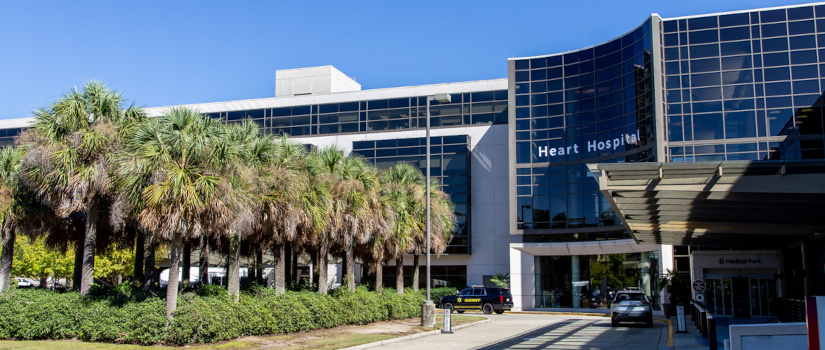The McCausland Center’s state-of-the-art technology
In 2016, the McCausland Center for Brain Imaging (MCBI) updated its system to a Siemens Prisma fit 3T MRI system with both a 20-channel head neck coil and a 32-channel head coil. The scanner is shared between clinical and research work, with dedicated research time each day.
This flexible arrangement is optimal for scientists who wish to conduct clinical studies in conjunction with ongoing research. For example, this allows acute stroke clinical scans to be acquired on the same system as follow-up images.
Services the MCBI provides for scientists and clinicians
MCBI staff assist imaging researchers with all aspects of science related to use of the MRI, including:
- Development and testing, etc., of MRI paradigms.
- Secure and redundant backup of imaging data.
- Analysis of imaging data and proper use of inhouse tools.
- Investigation of new scanning protocols, hardware and software.
- Grant applications, letters of support and application for seed funding.
- Appropriate, multi-level training for using the MRI.
- Access to research computing systems and other technology.
- Space to teach and train onsite along with dedicated research space.
- Testing rooms equipped for health screenings and neuropsychological testing.
- Additional dedicated workspaces and 24-hour access to the suite at Prisma.
More tools to enhance our work
The center has dedicated labs for research and behavioral testing, with a system fully equipped for functional brain imaging. Our scientists, clinicians and patients benefit from features that allow for greater control over study variables.
- Rear projection computer screen
- Optical trigger pulses
- Optical response buttons
- MRI compatible tactile stimuli
- MRI-compatible ERG/EEG
- MRI-compatible pulse and respiration measurement
- High-quality audio presentation headphones.
All research images are stored on a dedicated RAID DICOM server (and mirrored to a server in another building). We also include high-end Sun Grid Engine clusters for data analysis. Our computers include the most popular tools for image analysis (SPM, FSL, AFNI, MedInria), as well as our own popular tools.
All sequences below use the 32-channel head coil, and most leverage the remarkable Human Connectome multi-band sequences.
- T1-weighted: 3D MPRAGE sequence, 320x320 sagittal matrix, 208 slices, 0.8mm isotropic, TR=2400ms, TI=1060ms, TE=2.24ms, 8° flip angle, GRAPPA=2, acquisition time of 6:38 minutes.
- Diffusion-weighted: Four EPI series (pairs with opposite phase encoding directions), will be acquired with 92 axial slices using the following parameters: TR=3222ms, TE=89.2 ms, monopolar, voxel size = 1.5mm isotropic, 78° flip angle, 210mm FOV, a total of volumes with optimally sampled full-sphere directions (28 with b=0, 92=750, 94=1000, 92=1500, 92=2000 s/mm2), 6/8 partial fourier, multiband 4, ~ 23 minutes for all four series.
- T2*-weighted fMRI: EPI volumes with 72 axial slices (104x104 matrix), TR=720ms, TE=37ms, 52° flip angle, multi-band x8, 2mm isotropic (no gap), 7/8 partial Fourier. We also acquired two sets (both phase encoding directions) of spin-echo images with identical spatial parameters and positioning, which allow spatial undistortion of the fMRI data using FSL's TOPUP.
- T2-SWI: 80 axial slices TR=28ms, TE=20, 15° flip angle, 384x336 matrix, 0.6mm in plane, 1.2mm thick slices (plus 20% gap), GRAPPA=2, acquisition time of 6:37 minutes.
